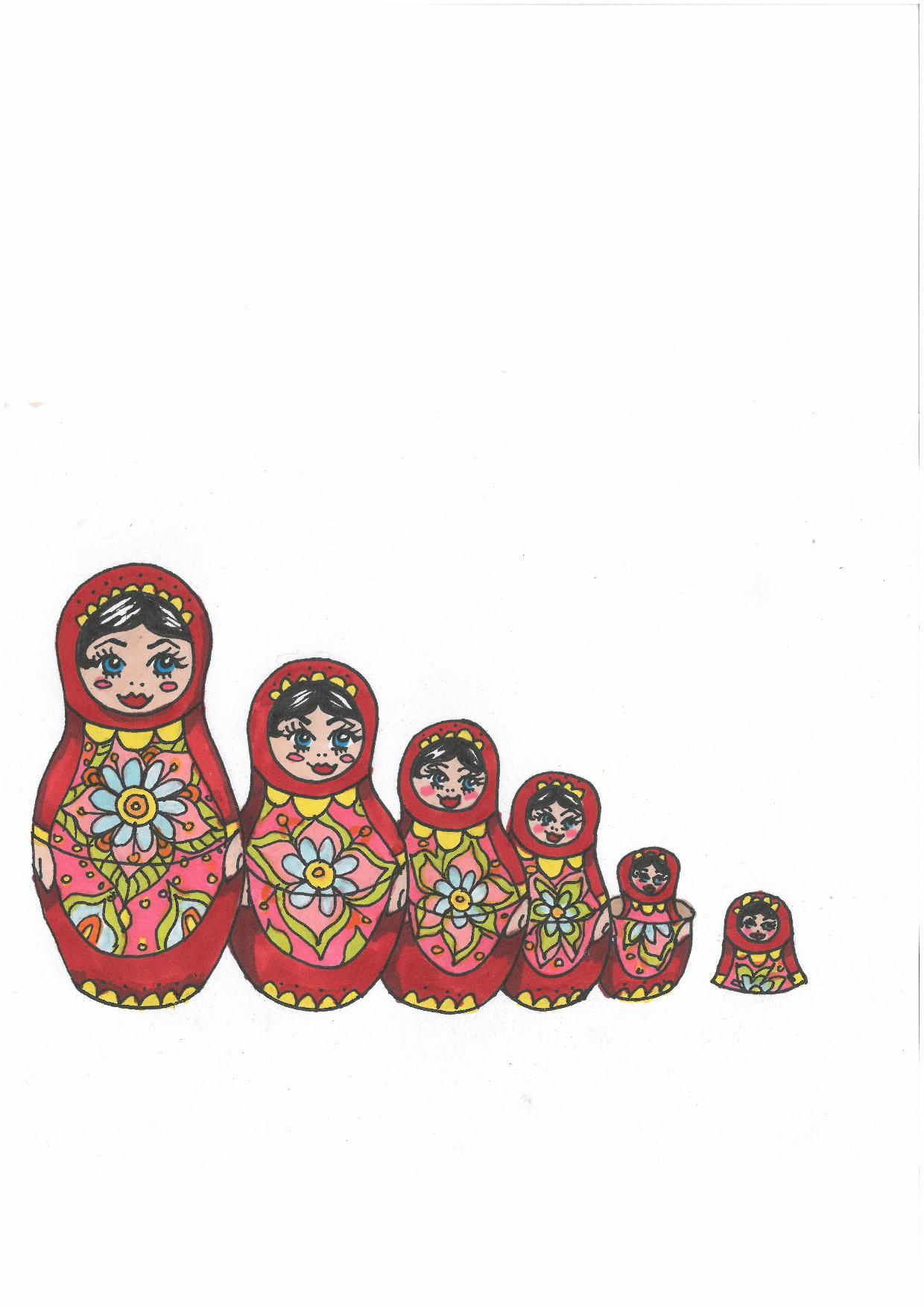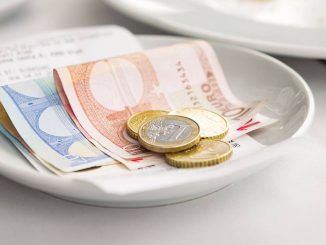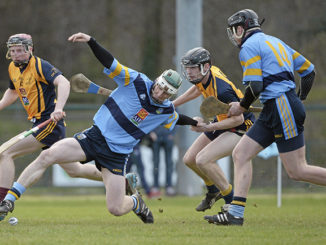
“[dropcap]H[/dropcap]uddled in a corner, my brother and I fiddled with the radio until we caught the signal of an American radio station. ‘We’re coming to save you,’ the presenter would say, in Lithuanian. But they never did and eventually, we had to save ourselves.”
Dainora Pielikyte is in her 50s and sits at her kitchen table as she recalls the society she grew up in. She stares into the distance as she visualises the half of her life- saturated with socialist Russian rule.
The Soviet Union spawned 16 countries and lasted approximately 70 years throughout the 20th century. Although its current democracy is now confined behind the Russian Federation borders, the once red communist giant is responsible for the Reign of Terror- the occupation of Russia’s smaller neighbouring countries and the rule of Lenin and Stalin, who successfully tore down Russia’s monarchy and implied communist rule.
Amid excessive propaganda, strict laws and regulation, Eastern Europeans had to do as they were told for fear of being hauled off to Siberia and enslaved in hard labour.
“My mum told me stories of people not being allowed to travel outside of the Soviet Union,” Patricija Pavelkopskfa, is a DCU student, with roots in Latvia.
She says if the Russian occupation continued, she “probably wouldn’t have been able to go to college here in Dublin and my life would have been a lot different.”
Patricija comes from the generation born post occupation and grew up in a time where Latvia, like the other Baltic countries, was just getting back on its feet and establishing itself as a nation. Lithuania was in the same boat and Giedre Dambrauskaite, a Maynooth student, only knows of what life was like from her mother’s stories.
“The militia [Russian police] were never at fault. My uncle got killed in a car crash with a police officer and he was never even questioned,” she says. “Most people had to work for long hours for little money, mum told me that their wages were barely enough to buy bread.”
Dainora, however, grew up during this time. Half of her life was spent living under the Soviet rule- the 70s saw her hometown in Lithuania under oppression to levels we cannot comprehend today.
“There was never any talk of a free Lithuania- not on the bus, not on the street, not even to your friends. Anyone could have been a spy or committed to the secret service. If you got caught, you were interrogated- and in the worst case, shipped off to Siberia,” she says.
She remembers the things so many of us take for granted now- shops filled with clothes and shoes in every shape, size and design, supermarkets filled with exotic foods, books on any topic.
“Everyone had the same,” She sighs. “I remember buying my first ever pair of denim jeans- I spent 25o rubles on them, which was two month’s wages. They were very popular and stylish at the time and I had to buy them from someone who had smuggled them in illegally to the country.”
“Civil servants and especially those that had high ranks in government positions got priority whenever rare produce came into shops. My mother used to queue for hours for oranges when the local supermarket got some in stock,” she says, her brows furrowed and her faced tired.
Tanya Lokot, an Associate Professor at DCU, grew up in eastern Ukraine. “I remember when I came to the US, I lived with a host family, so I had a small allowance but not a whole lot of money. For Christmas I just made things for people- like teddy bears or whatever,” she smiles. “Everybody was like ‘wow this is so cool, you made that with your hands’ and I was like, well, we didn’t really have any other choice, we had to make do with what we had.”
Lithuania, Latvia and Ukraine are just some of the countries that are still in recovery mode. However, almost everyone old enough to remember recalls the big break which led to freedom.
Tanya tells of Tchaikovsky’s Swan Lake looping on the television for days. “I was 10 years old. We knew something serious had happened. Later we found out that there was a takeover at the television studios by the coup and so there was no real time programming.”
“Myself and my husband lived in a small high-rise flat on the outskirts of Vilnius,” Dainora remembers, fear in her voice from an almost 30 year old memory: “It was late in the evening and my husband was at work. I remember standing at the window with my newborn in my arms and watching the Russian tanks roll along the motorway into city. I’ll never forget the sight.”
Lithuania citizens rioted and protested in the 1990s for independence- and eventually they fought their way to freedom.



